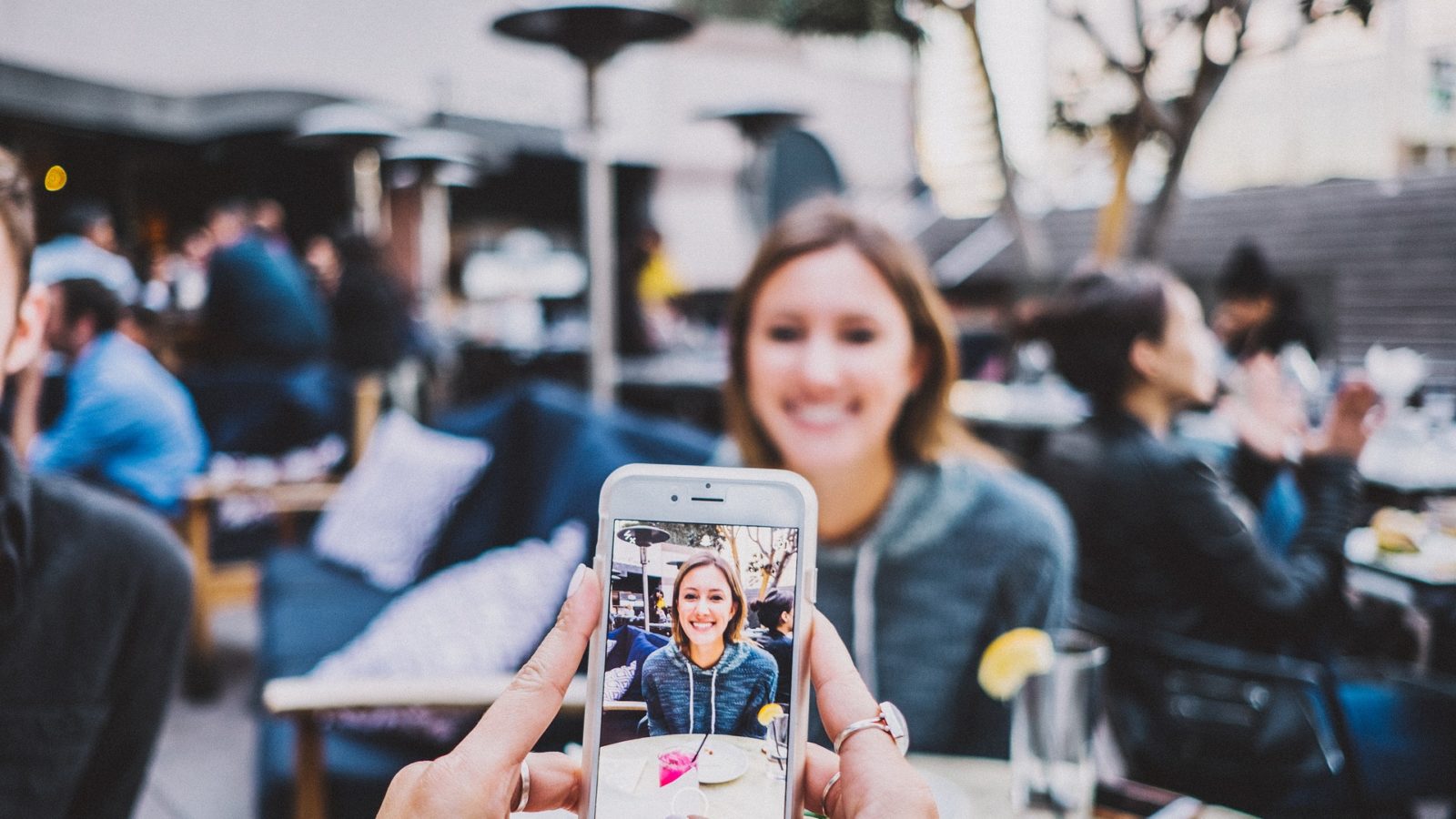My happiest childhood memories are of summer holidays spent at my maternal grandparents’ home in Ajmer, when 26 of us first cousins (did I mention we are a large-ish family?) would descend upon this tiny town for eight weeks. My grandparents’ home was inhabited by my grandmother, four uncles and their families. The rest of us just showed up every summer, without fail, for a merry time.
These memories were triggered recently when I was mildly disconcerted by the logistics of meeting and entertaining friends and family visiting New York over the summer, all while juggling the busy-ness of work and life.
When a colleague asked me how I’d spent summers growing up, for the very first time I was compelled to imagine the logistics and complexity our visits to Ajmer involved—beds (kids slept on the terrace, lining up our mattresses under the starry skies), meals (we were always hungry), milkshakes in three flavours every day (we were always hungry!), adequate water (taps often ran dry in this desert state), tickets to the movies, ice cream outings—all done flawlessly, and selflessly, by my uncles and aunts… we were always, always made to feel welcome. The memory gave me reason to pause. What did they have, or know, that we don’t?
Social media has provided all of us our own broadcast channel, and we’ve been given the option to make (indefinitely running) TV shows starring ourselves as protagonists. Once frowned upon, at least in many Asian societies, we now have greater societal permission to self-indulge. In addition, shrinking family sizes and the rise of single child homes, increasing wealth (often linked to increase in a sense of entitlement) are factors that could potentially encourage a high degree of self-interest, above all else.
Daniel Goleman wrote in Social Intelligence: The New Science of Human Relationships: “Self-absorption in all its forms kills empathy”—and that alone might be reason enough for us to actively keep it in check.
Innumerable studies point to “giving” as a path to greater empathy and happiness. But I wanted to explore options beyond philanthropy, and big charity. What small, daily, personal behaviours might help us inch back the equilibrium on a pendulum that might (at least for some) have swung too far towards “me”?
1. Consciously inconvenience yourself
Try to accommodate a friend, colleague, family. I am not propagating giving up on self-worth or self-care—values that many segments of the population have painstakingly and recently acquired. It is just that giving (at a cost) is like a muscle that if not exercised, might stiffen overtime. It could be little things—a detour to drop a friend, or even spending an extra 15 minutes to pick a thoughtful gift versus what Amazon’s AI recommends. Ab muscles were not built in one day (lapsed gym memberships, anyone?), and neither is the habit of being considerate.
2. Weave a kinder story for the actions, or inactions, of others
When our mind works on overdrive to imagine someone else’s action as driven by selfish motives, it becomes easier to absolve ourselves for not investing any effort in that relationship. One can interpret the lack of response to an email as a) indifference, b) still holding a grudge, or c) traveling international without roaming and did not get my message. Don’t immediately awful-ise, instead, imagine the mildest of these scenarios and it will automatically make it easier to extend greater consideration.
3. Swap the virtual for the live
Working from home, dialling into Skype, playing virtual games instead of actual, increasingly delayed age of marriage… all this means that we are leading more isolated lives.
#funfact: restaurants’ delivery sales in the US are projected to grow to account for over a third of restaurant industry sales by 2023. So much for dressing up and “going out” to eat with folks—at-home dining in pyjamas, while channel surfing, is how it’s (going to be) done. But (wo)man was not meant to be a lone wolf.
Many of these trends make it easy to fall into the trap of you being not just the centre of your world, but rather, your entire world. Fighting this individualism requires an effort to connect to a human being—live. Plus, it is hard to dispute the joy of real-life cuddles (no insult to emojis).
4. Take responsibility for someone else
Take away from self by bringing a dependent into the equation—whether it’s a grandparent, child, dog, kitten, or plant. Caring for others, by definition, takes away time and attention from self. Emotionally engaging with someone who depends on you spontaneously leads you to think through their needs, and implies less time pontificating about your own wants.
Want to take a selfie? That’s fine. But once in a while, turn the lens on someone else, and that expands your frame of reference, and perspective.
5. Do make comparisons
We have plenty of role models when it comes to work or professional success, and not nearly as many emulating behaviours. Sometimes they might be closer to home than we realise. For me, it was the memory of my uncle coming home after a long day at the auto business he ran, with hefty boxes of mangoes in tow, grinning widely as he anticipated the squeals of joy from kids home for the summer.
I knew instinctively, even before I had finished recounting my childhood summer to my colleague; that I wanted to (aspire to) be more like him.
So now, I need to run out for a cuppa with a friend. Or perhaps I’ll make that a mango spritz, a nod to my heroes.
Want to share your story of how you thrive? Write to us at [email protected]


